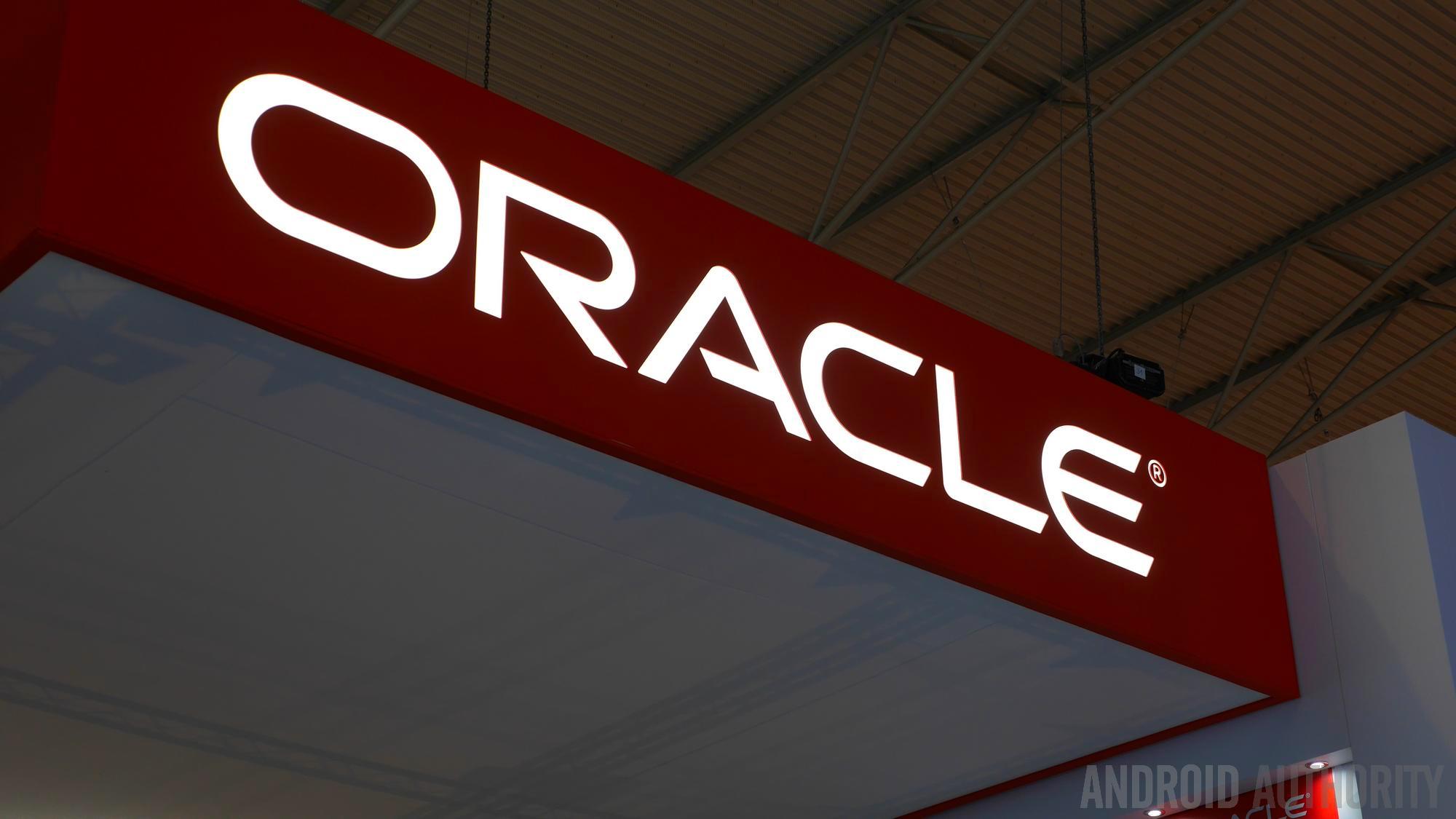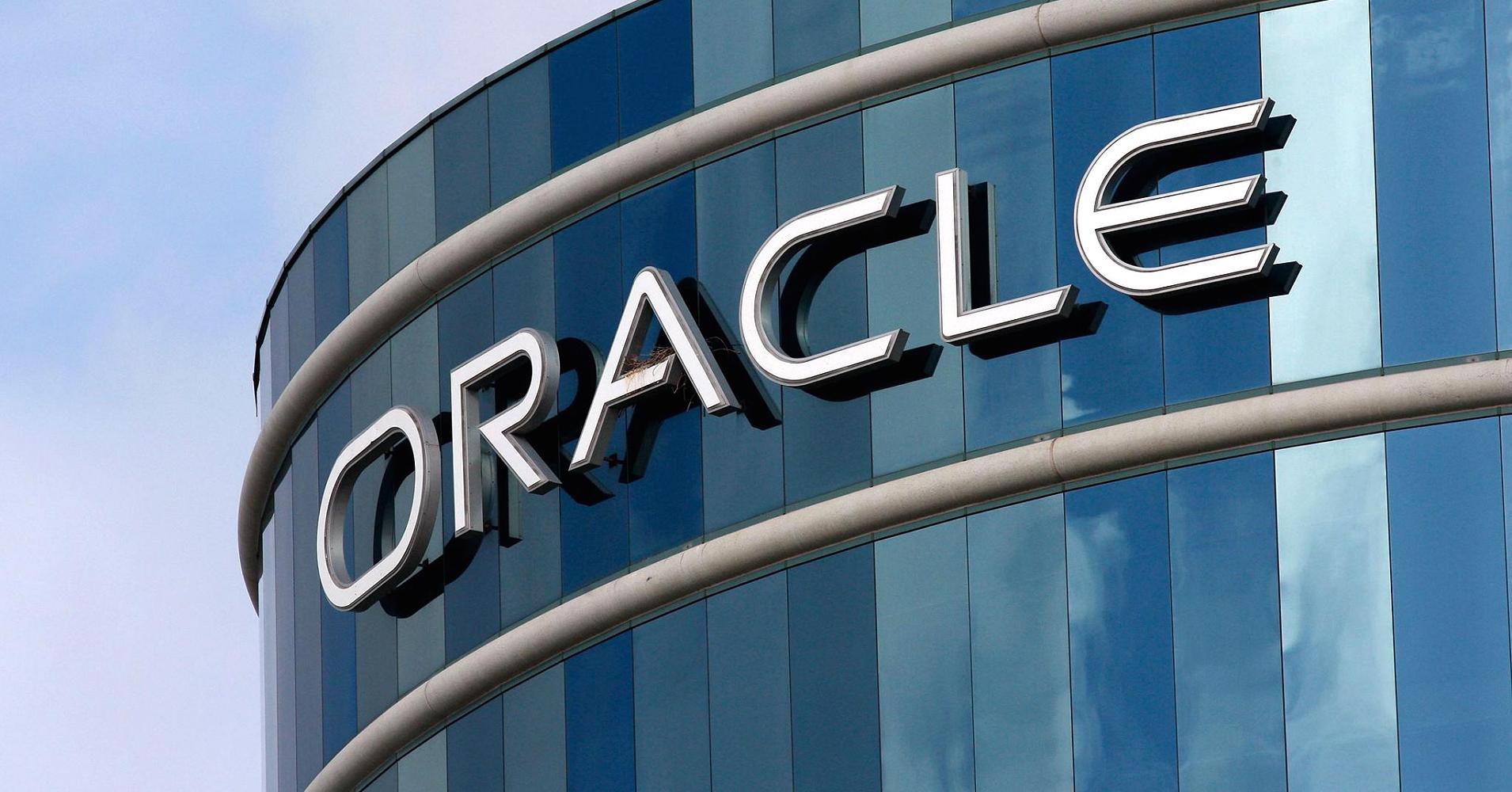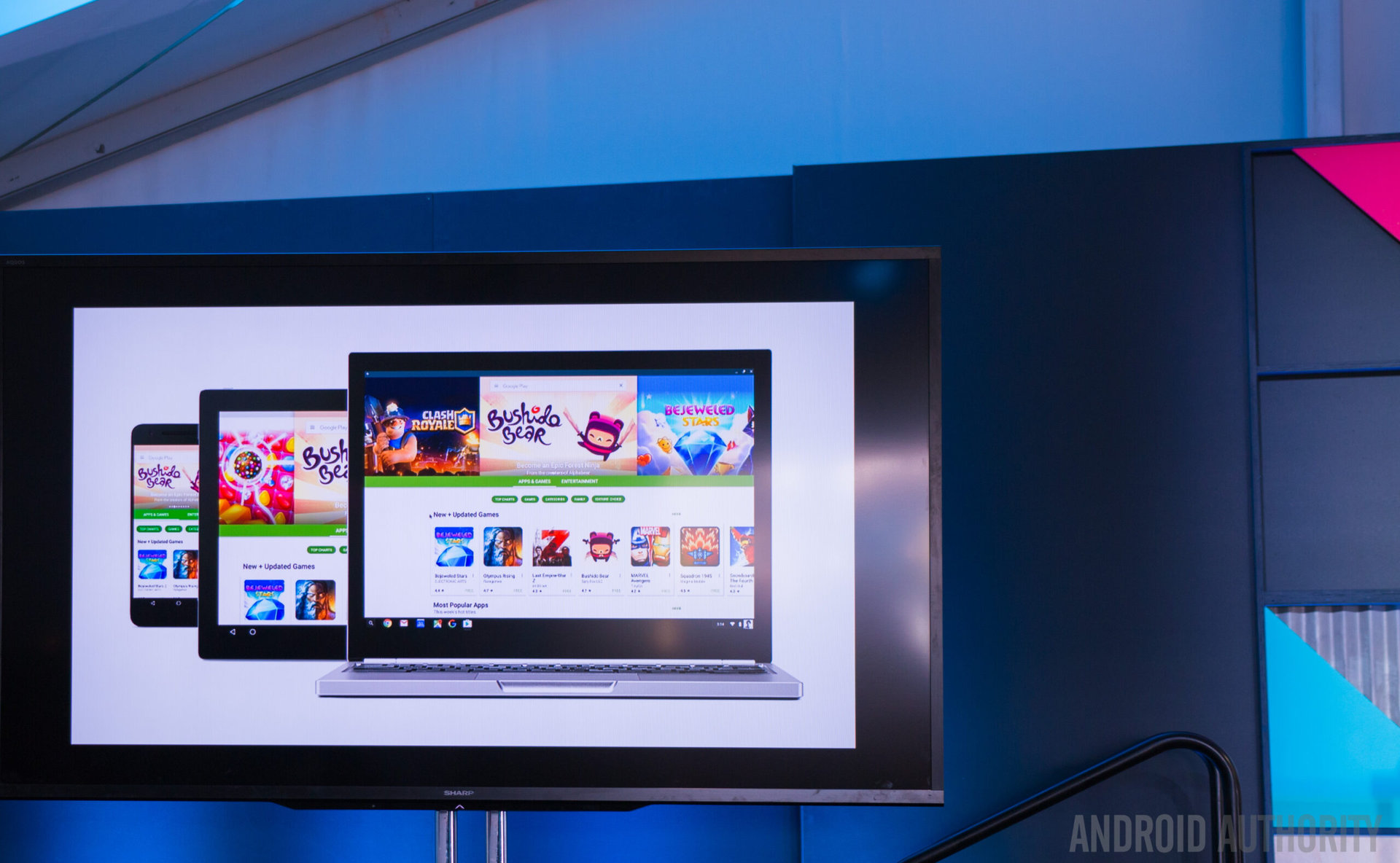Affiliate links on Android Authority may earn us a commission. Learn more.
Oracle denied another Java copyright trial with Google
Published onOctober 20, 2016

A federal court in California has denied Oracle another pop at Google in the long running dispute over the use of pieces of Java code and the Android operating system. Oracle had been attempting to argue that some evidence had been missed from the original trial, but the judge threw this out after describing it as “minor evidence and testimony”.
Back in May this year, a jury cleared Google of copyright infringement related to Java APIs that are used in its Android operating system. Oracle had been seeking up to $9 billion in damages for the use of 37 Java APIs used in the popular mobile OS. The latest trial would have been the third time that Oracle had taken Google to court over this issue.

Oracle’s claim to a third trial hinged on details related to Google’s project to bring Android apps to its Chromebook hardware. In 2015, Google began work on its ARC++ project that would help bring Android apps to its Chrome OS. The project required the use of Java APIs used in Android, which Oracle claimed Google was deliberately concealing so that evidence could not presented in court. However, it transpired that Google published at least nine documents discussing the goals and technical details of ARC++ in 2015, at least five months before the last trial. The judge declared that it was Oracle’s own fault that it did not review these documents before the previous trial and that their inclusion would not have affected the trial anyway.
“It may well be true that the use of the copyrighted APIs in ARC++ (or any other later use) will not qualify as a fair use, but that will not and does not mean that Google’s argument on transformative use as to the original uses on trial (smartphones and tablets) was improper. That Oracle failed to detect the ARC++ documents in its possession had no consequence within the defined scope of our trial,” – District Judge William Alsup
The long running dispute has revolved around whether APIs, handily compiled code functions and procedures used to speed up development, are copyrightable. Developers and experts sided with Google in the case, suggesting that copyrighting these commonly used tools would stifle innovation. However, President Barack Obama weighed in on the side of Oracle.

Although another trial has been denied, it only related to the use of copyrighted APIs in smartphone and tablet products. It is possible that Oracle will return to dispute the use of Java APIs for use with desktop and laptop hardware, such as Chromebooks. We probably haven’t heard the last of this case yet.